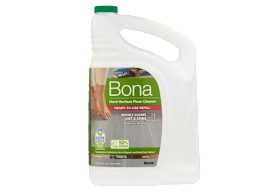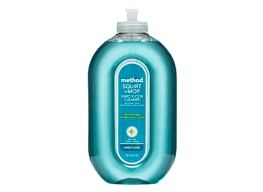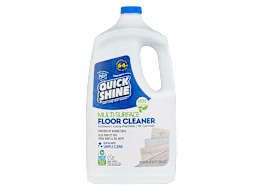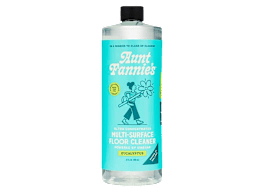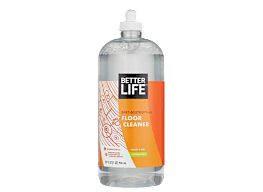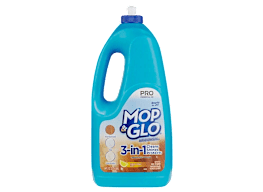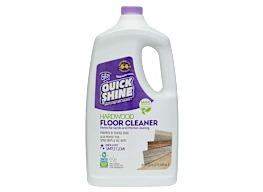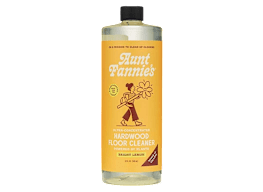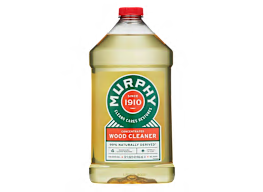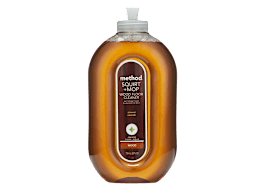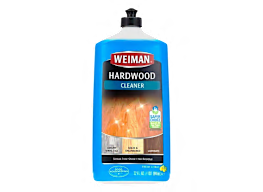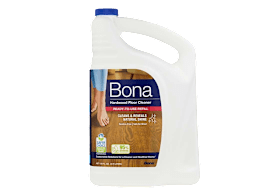Best Hardwood Floor Cleaners
These products can clean your hardwood floors safely and efficiently
When you shop through retailer links on our site, we may earn affiliate commissions. 100% of the fees we collect are used to support our nonprofit mission. Learn more.
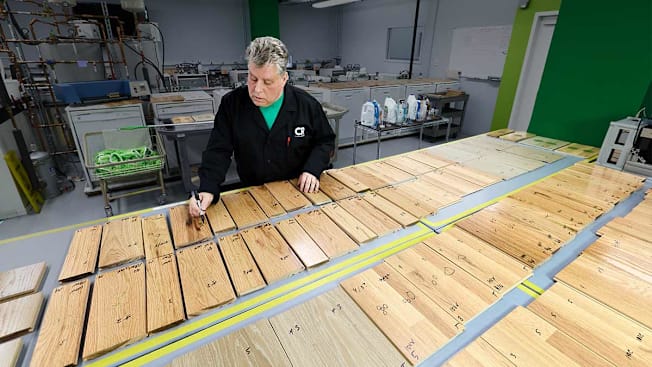
It’s hard to beat the beauty of hardwood floors. The texture and color of real wood add warmth and character to your home like no synthetic material can. Your hardwood floors, however, are only as handsome as they are well maintained. Without proper care, the dirt, grime, and scuffs they accumulate can mar their appearance and contribute to wear and tear over time.
Best Cleaners for Hardwood Floors
How to Clean Your Hardwood Floors
Regular cleaning is important to ensuring the longevity of your hardwood floors, says Adam Sartain, the senior marketing manager of floor accessories company TotalWorx. For light cleaning, Sartain recommends using a soft-bristle broom or microfiber dust mop to remove dirt and debris from your floors.
When your floor needs a deeper clean, try a pH-neutral floor cleaner paired with a damp, but not wet, mop. That cleaner can be a dedicated hardwood cleaner or a multisurface formula that lists hardwood as one of the surfaces the product can be used on, Sartain says.
What are the things you shouldn’t use to clean hardwood floors? First of all, avoid any cleaners that contain bleach, ammonia, or wax because those ingredients can strip the protective coating off your wood floors or leave a residue that’s difficult to remove, Sartain says.
You should stay away from acidic substances such as vinegar because they might pit or etch the finish of your flooring, according to the guidelines of flooring company AHF, the maker of Bruce and other popular flooring brands. And don’t use water or steam to clean your wood floors because it might permanently damage the floor and void the warranty on your hardwood.
If you’re trying a new cleaner, always test the product first in a small area on your floors before you apply it more broadly. Given that not every cleaner is compatible with every type of hardwood or finish, it’s best to consult the care guidelines from your flooring manufacturer before you use a cleaning product, Sartain says. And when you use a cleaner, avoid leaving any excess cleaner on the surface of your floor, because that might damage the wood’s fiber, according to AHF.
For more tips on keeping your floors pristine, check out our five ways to keep your floors clean and protected year-round.
How We Tested the Floor Cleaners
To find the best cleaners, we first had to create tough messes for them to clean up. So we applied a measured amount of mustard and concentrated tomato soup onto hardwood floors and let it dry. We also used black crayons on the surface of the wood to produce the effect of scuff marks.
Our testers then applied a required amount of cleaner to the floors and scrubbed the messes with a mop. After 100 passes on the mop, we evaluated how effective the cleaner was at removing the mustard, tomato soup, and scuff marks from the hardwood. Some products managed to clear away the grime before the 100-pass mark, while others failed to clean the hardwood even after we scrubbed it 100 times.
@consumerreports We tested several multi-surface floor cleaners to see how well each one removed stuck-on mustard and concentrated tomato soup from wood, ceramic, and laminate flooring. Tap the link in our bio to learn more about caring for and cleaning your floors. #clean #cleantok #cleaning #cleaningtiktok
♬ original sound - Consumer Reports - Consumer Reports

